
Get Out of Debt

You don’t need a finance degree to transform your money—it’s 80% behavior and 20% head knowledge. Get the plan and budget you need to help you take control for good.
In just 15 minutes, EveryDollar helps you find thousands in margin and builds you a personalized plan to make the most of your money.
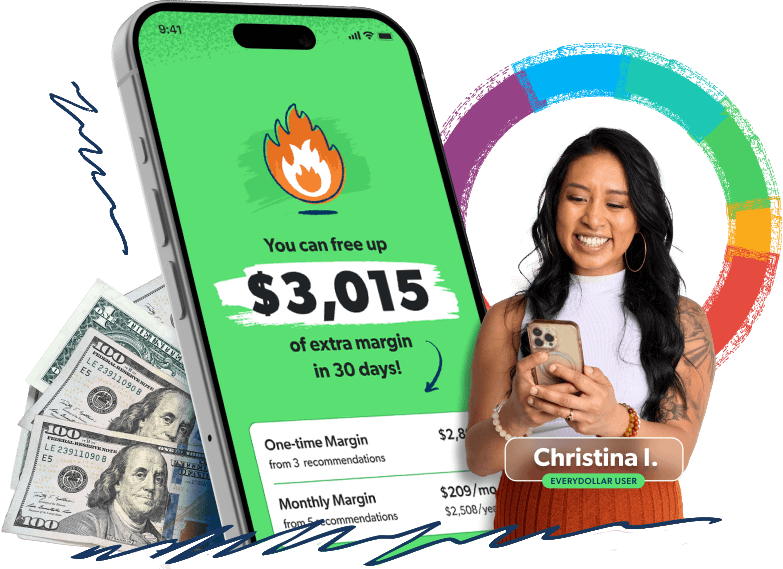
You work too hard to feel this broke! Get the tools that give your budget a purpose—and start winning with money.
The 7 Baby Steps are the proven plan that gives your budget the power to transform your money. Answer a few questions and find out which step you’re on.
Don’t settle for being “normal” with money. Get tips and action steps to help you make the most of every dollar.
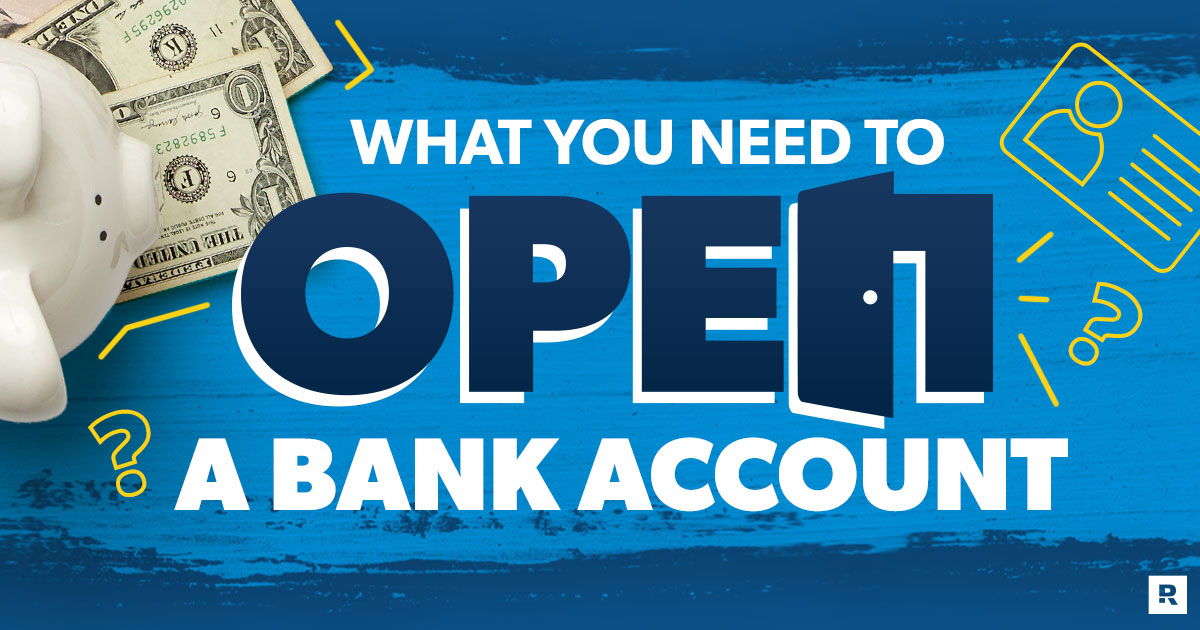
When you’re opening a bank account, you’ll need a government-issued ID and proof of address. But there are some other things you may not have thought about.
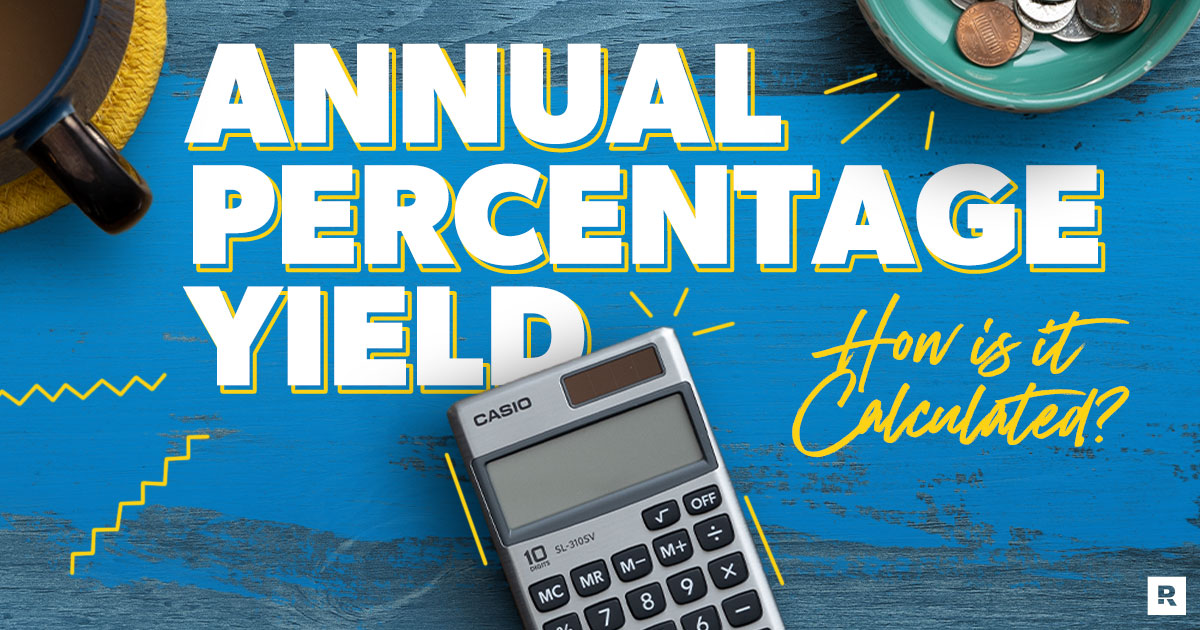
Ever seen “APY” on a bank website? It’s just an abbreviation for “annual percentage yield,” which is banker talk for how much your savings account will earn over time. APY is usually just a bit higher than the interest rate because it includes compound interest.
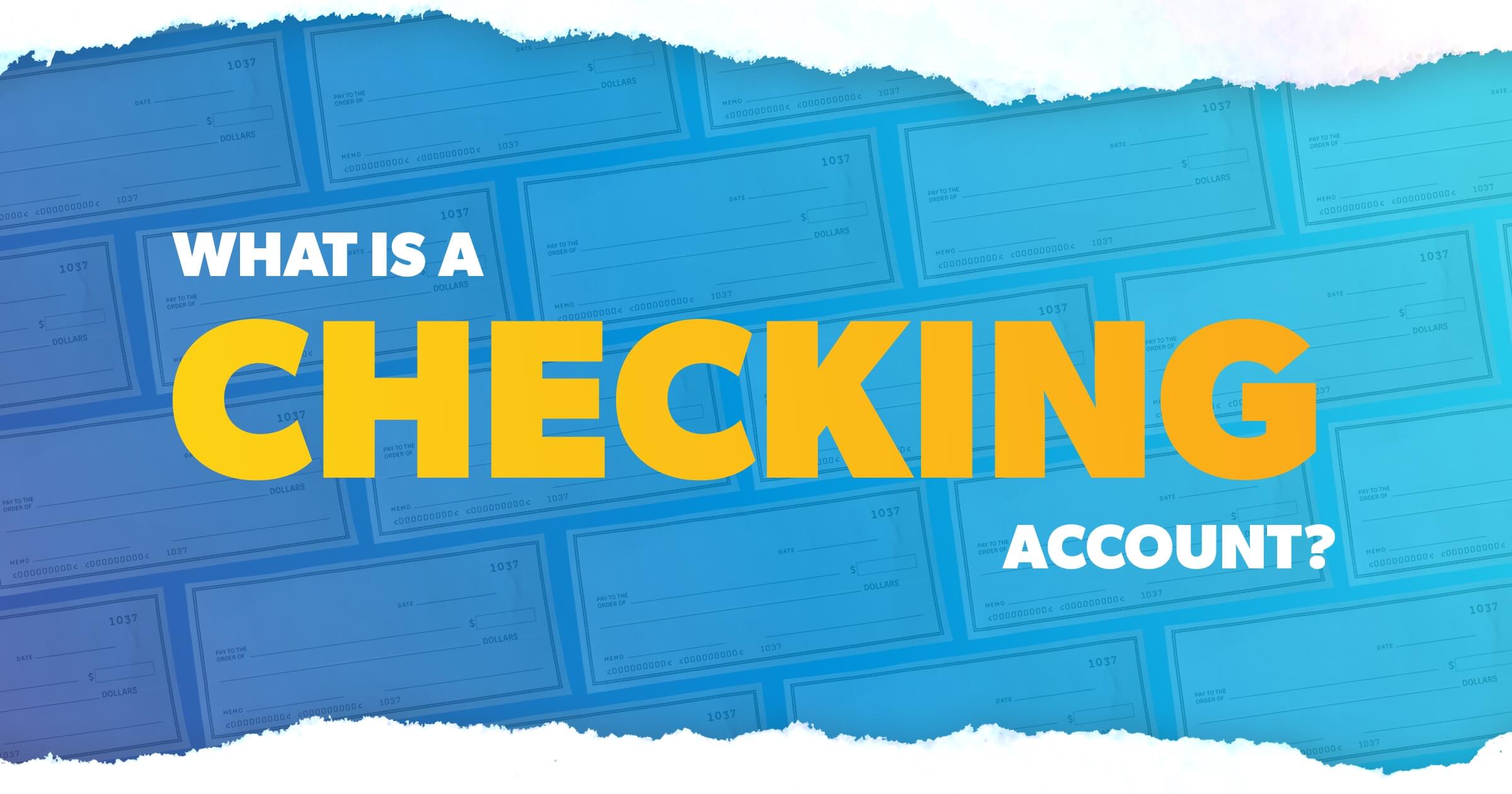
Whether you use one every day or you’ve never set one up, here’s everything you need to know about a checking account.
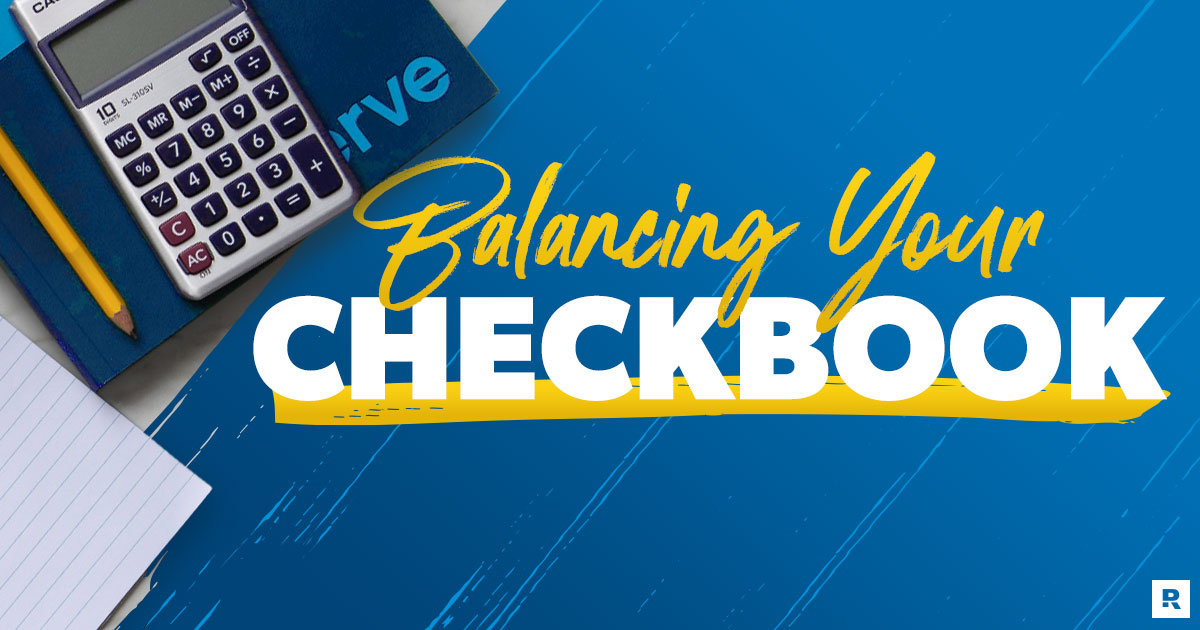
Balancing a checkbook and keeping track of all your expenses are great ways to start on the path to budgeting. How do you do it? Get started with a step-by-step guide, and take control of your money.
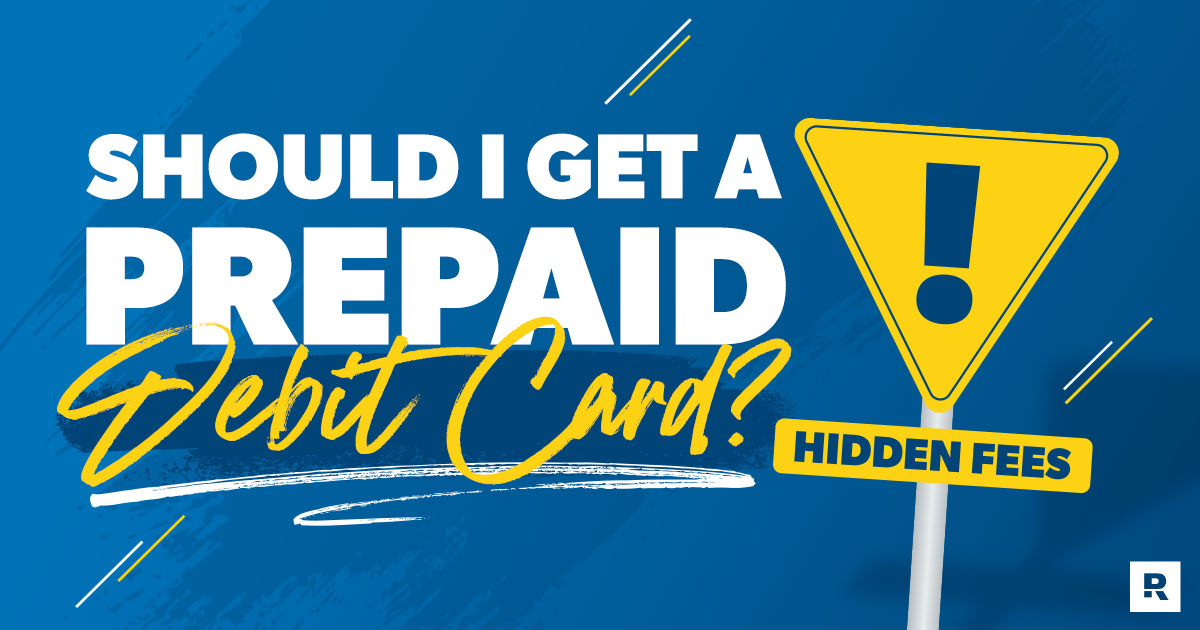
Are prepaid debit cards a good way to manage your money?
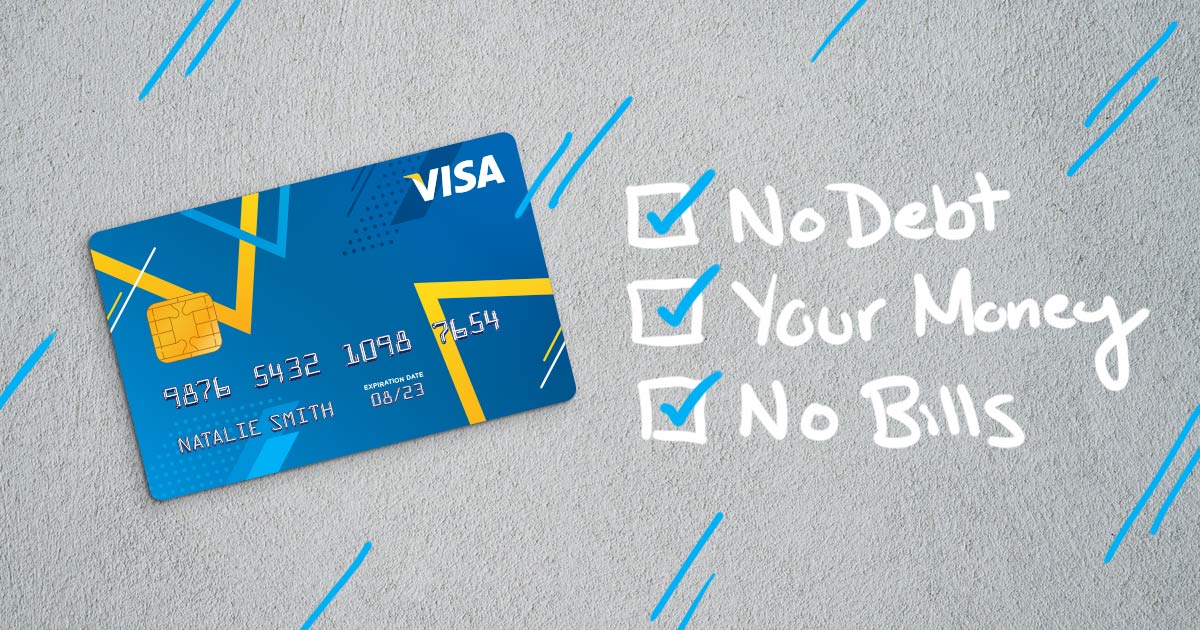
A debit card is a card linked to your bank account and used to make purchases without going into any debt. We have what you need to know about how debit cards work and how to get one.
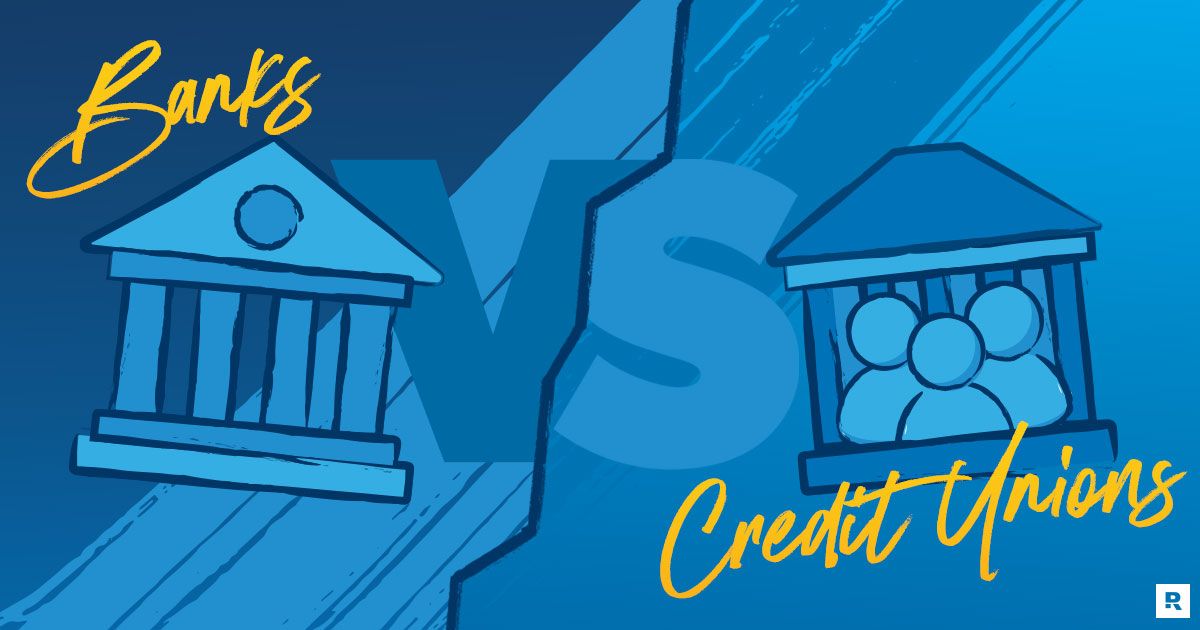
Are credit unions better than banks? Are they really that different? We’re comparing the pros and cons of credit unions vs. banks and why one might be a better fit for you.
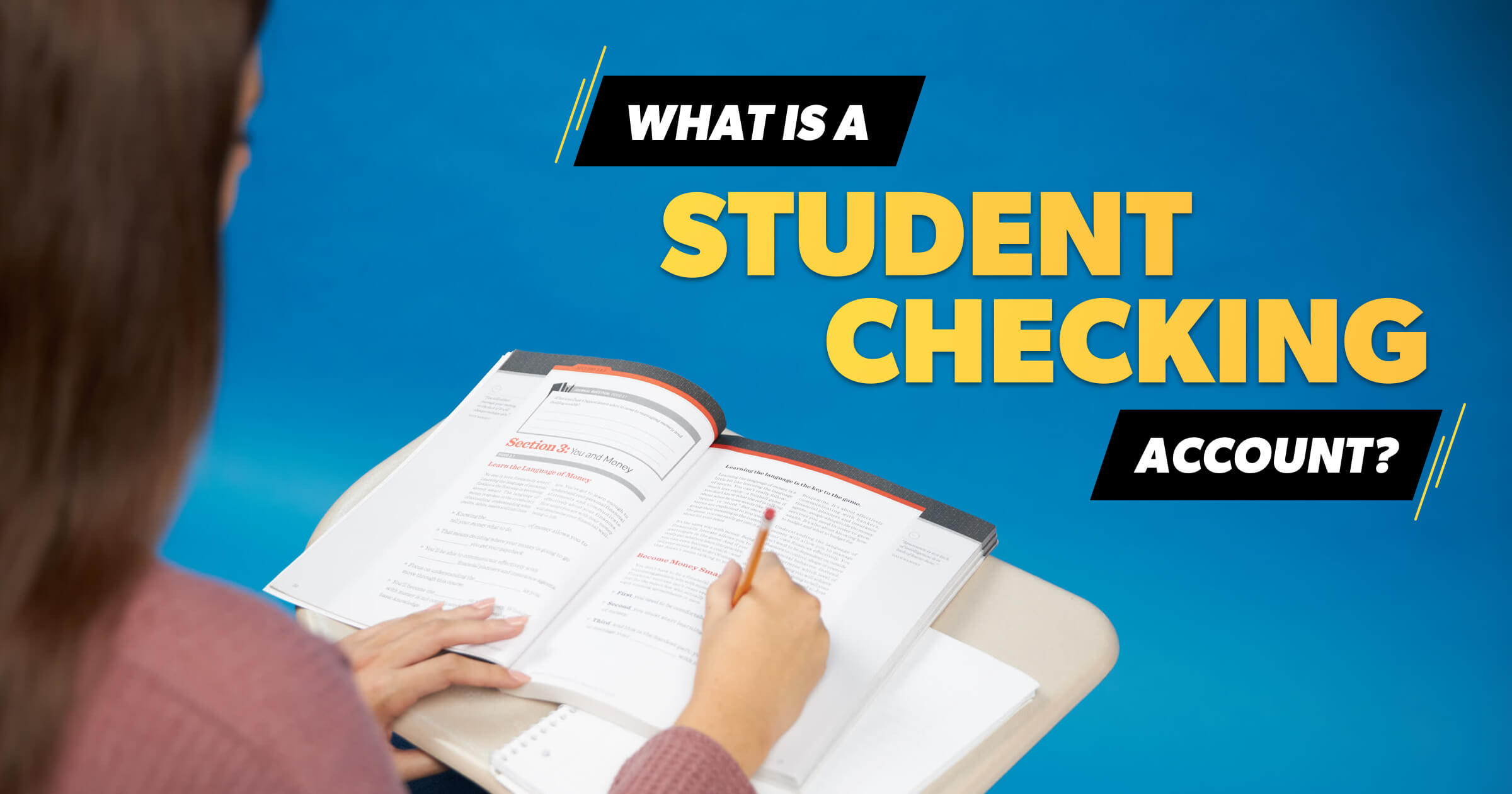
A student checking account is an account that offers you basic check-writing and debit card services, with a few extras aimed at the 16–25 crowd. If that’s you, head to a branch or laptop today.
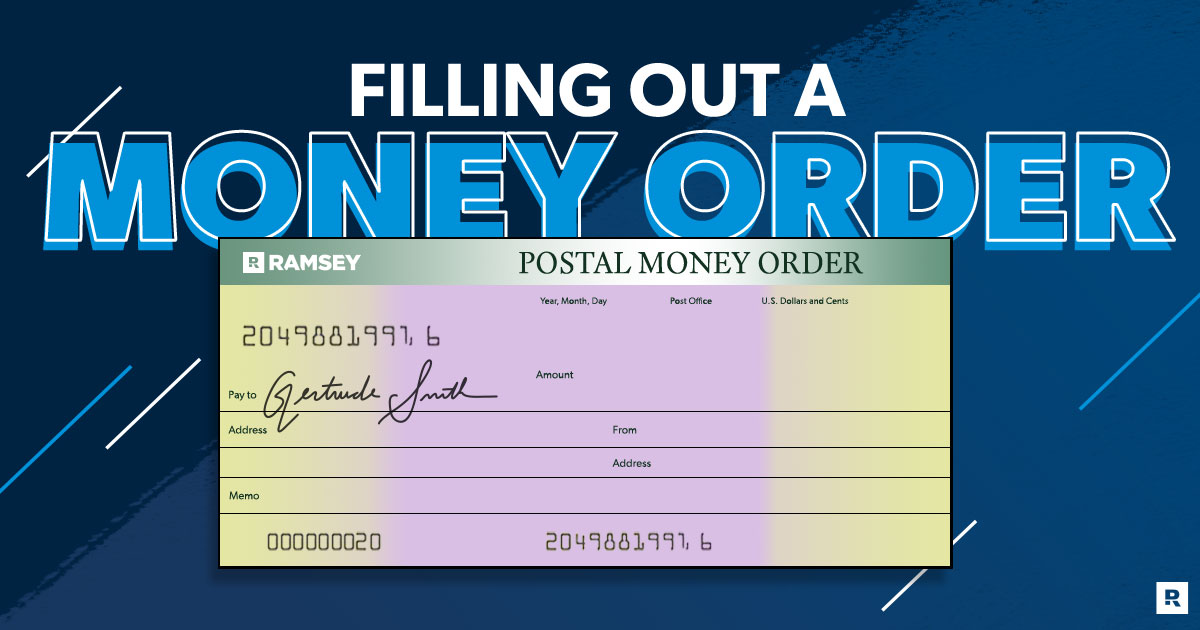
Learn how to fill out a money order to quickly send or receive payments.
Join our team of experts as they answer tough questions from real people about budgeting, saving, getting out of debt and building wealth.
A budget is a simple plan for your money—helping you breathe easier and reach your goals.
Filter what episodes and topics you want to hear using the Ramsey Network app.
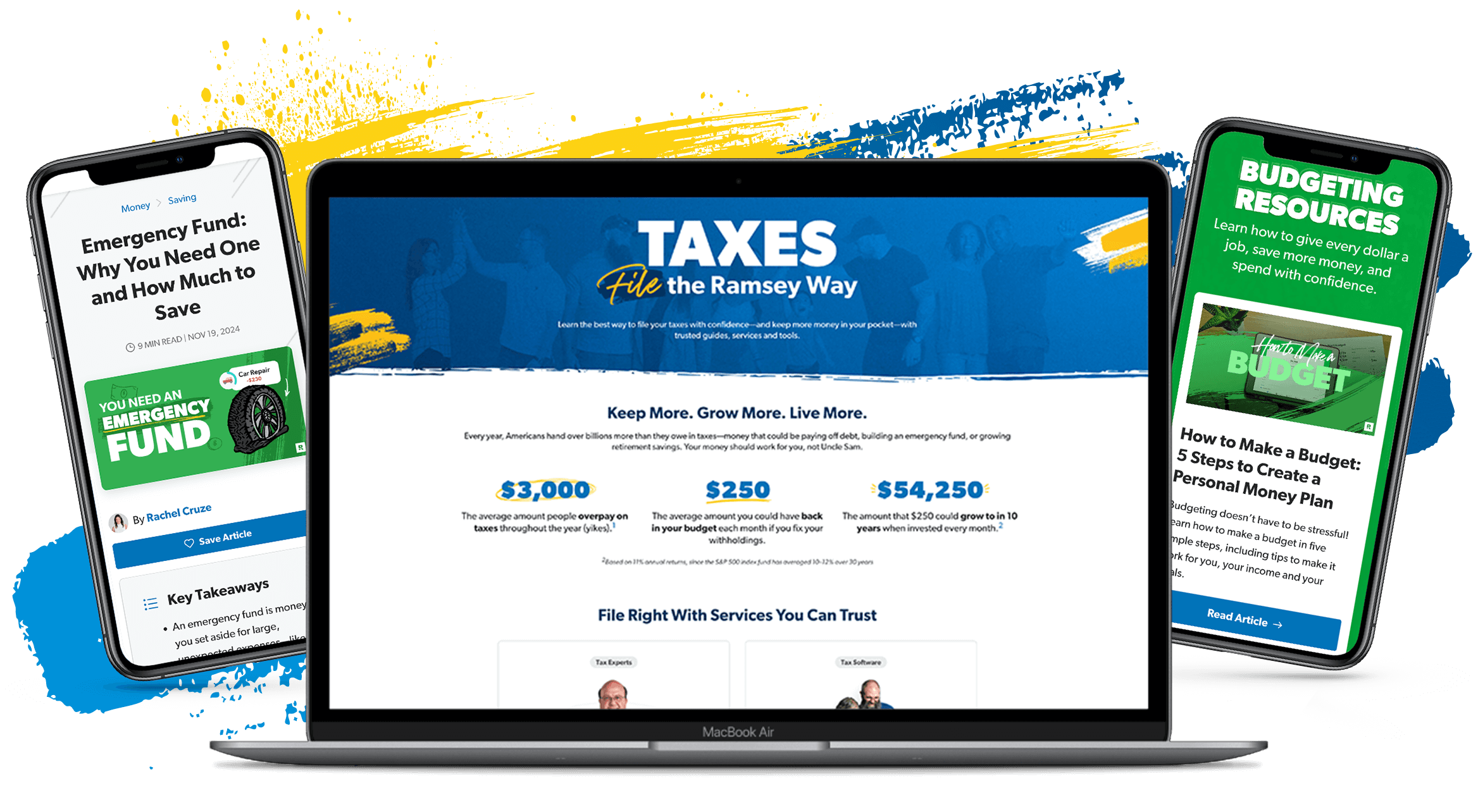
Every week, receive expert guidance and practical steps to help you stay on track with your goals and create a strong financial future.

Step 1: Save $1,000 for your starter emergency fund.

Step 2: Pay off all debt (except the house) using the debt snowball.

Step 3: Save 3–6 months of expenses in a fully funded emergency fund.

Step 4: Invest 15% of your household income in retirement.

Step 5: Save for your children’s college fund.

Step 6: Pay off your home early.

Step 7: Build wealth and give.